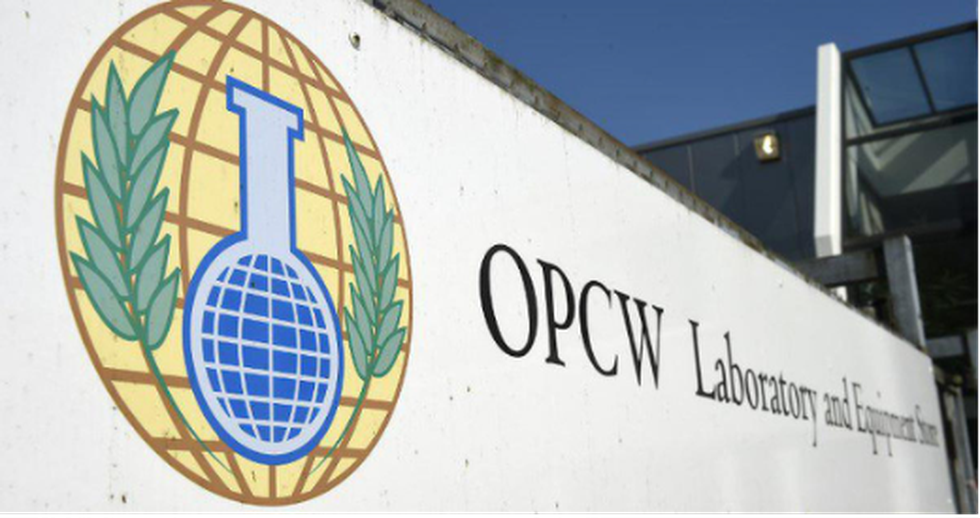About Organisation for the Prohibition of Chemical Weapons (OPCW):
- It is the implementing body of the Chemical Weapons Convention (CWC).
- Mission: To implement the provisions of the Chemical Weapons Convention (CWC) in order to achieve the OPCW’s vision of a world that is free of chemical weapons and of the threat of their use, and in which cooperation in chemistry for peaceful purposes for all is fostered.
- Its headquarters are located in The Hague, Netherlands.
- The OPCW receives states-parties’ declarations detailing chemical weapons-related activities or materials and relevant industrial activities.
- The OPCW is authorized to perform inspections to verify that signatory states are complying with the convention.
- It also performs testing of sites and victims of suspected chemical weapons attacks.
- OPCW reports on its inspections and other activities to the UN through the office of the secretary-general.
- The OPCW was awarded the Nobel Peace Prize in 2013.
Chemical Weapons Convention (CWC):
- It is a multilateral treaty that bans chemical weapons and requires their destruction within a specified period of time.
- It entered into force on April 29, 1997.
- The CWC requires states-parties to declare in writing to the OPCW their chemical weapons stockpiles, chemical weapons production facilities (CWPFs), relevant chemical industry facilities, and other weapons-related information.
- The CWC is open to all nations and currently has 193 states-parties.
